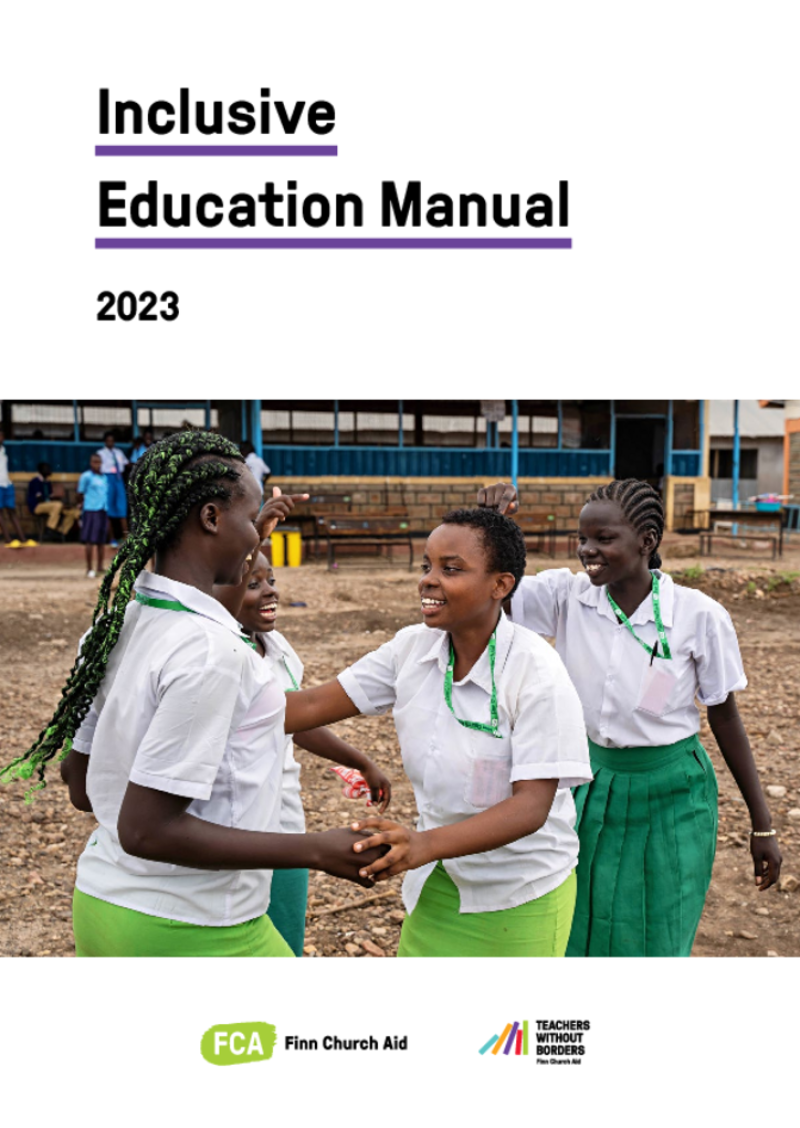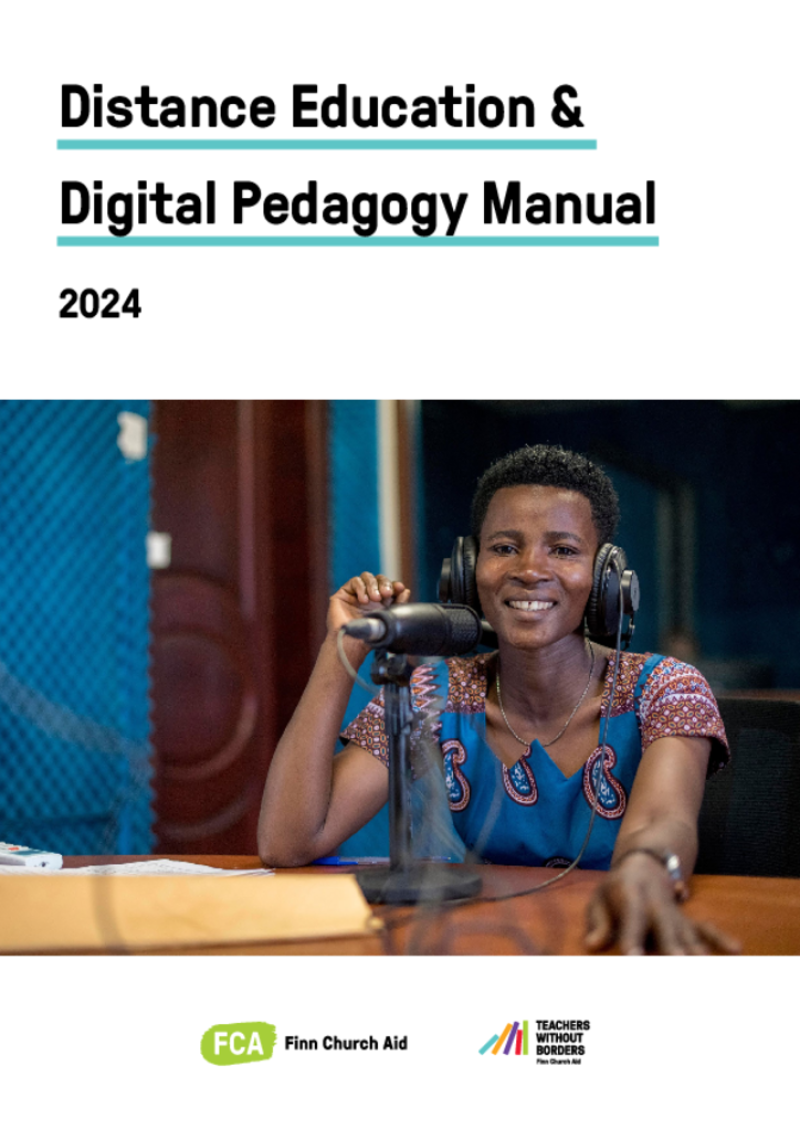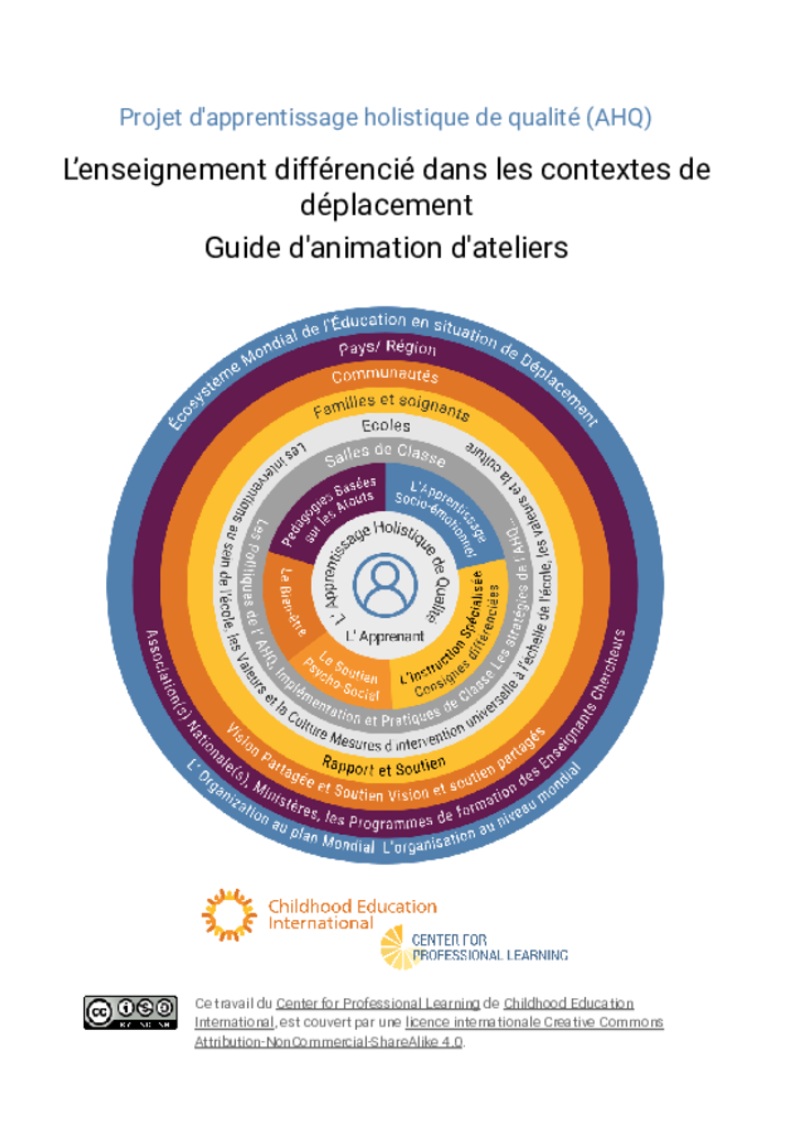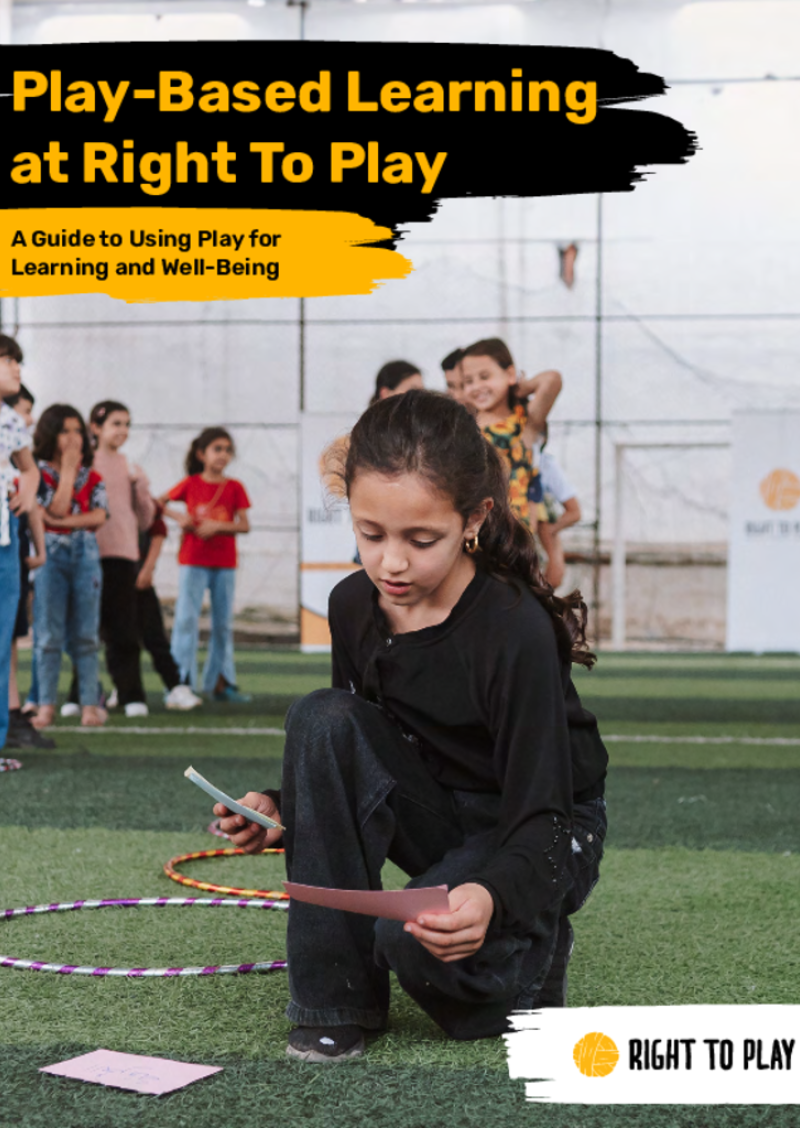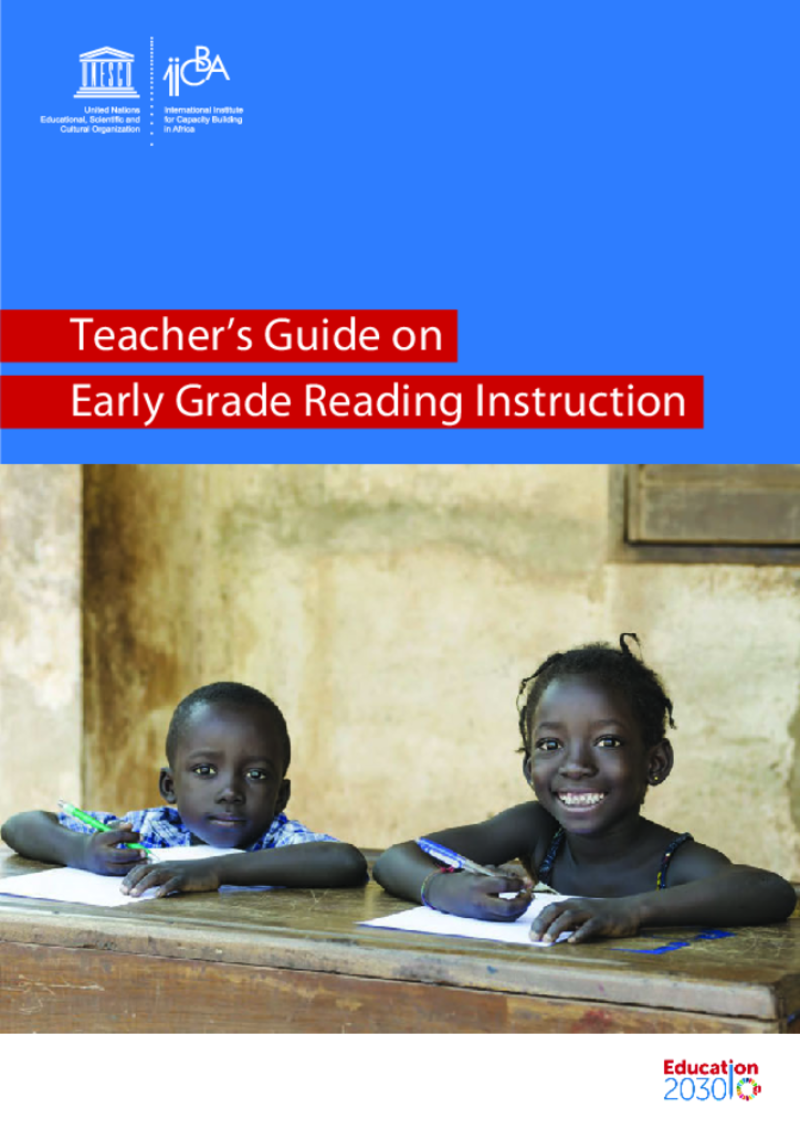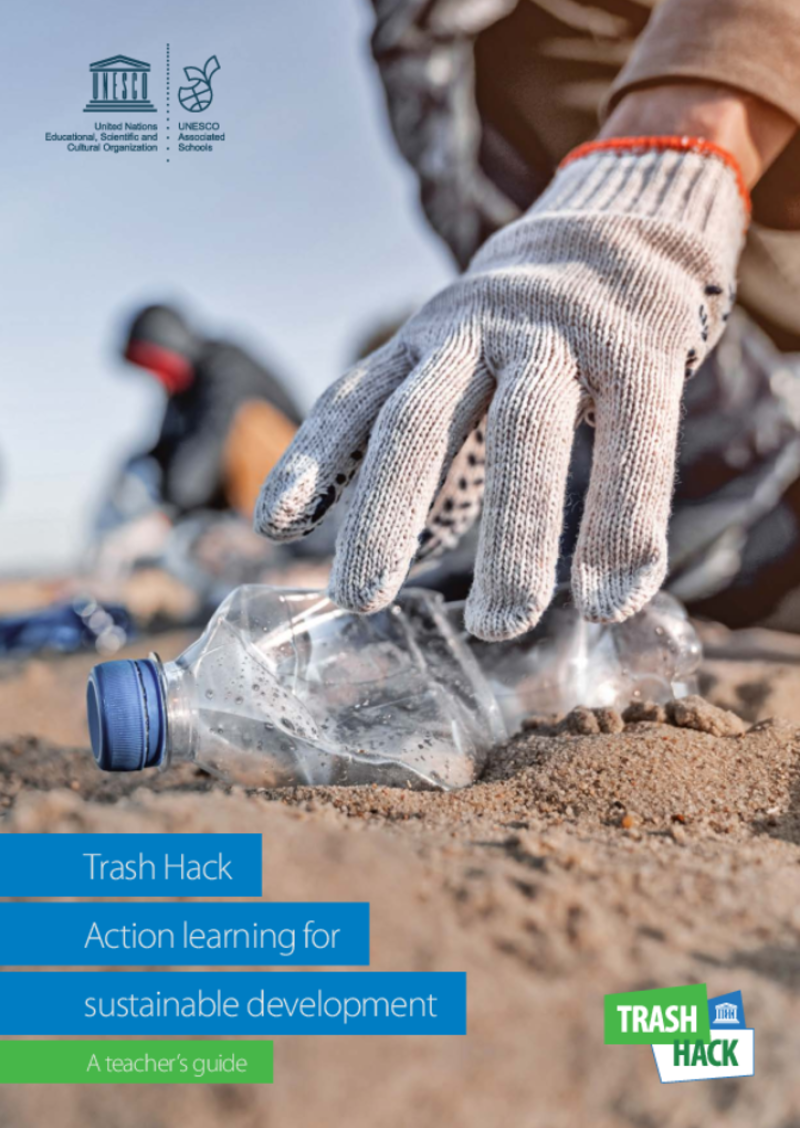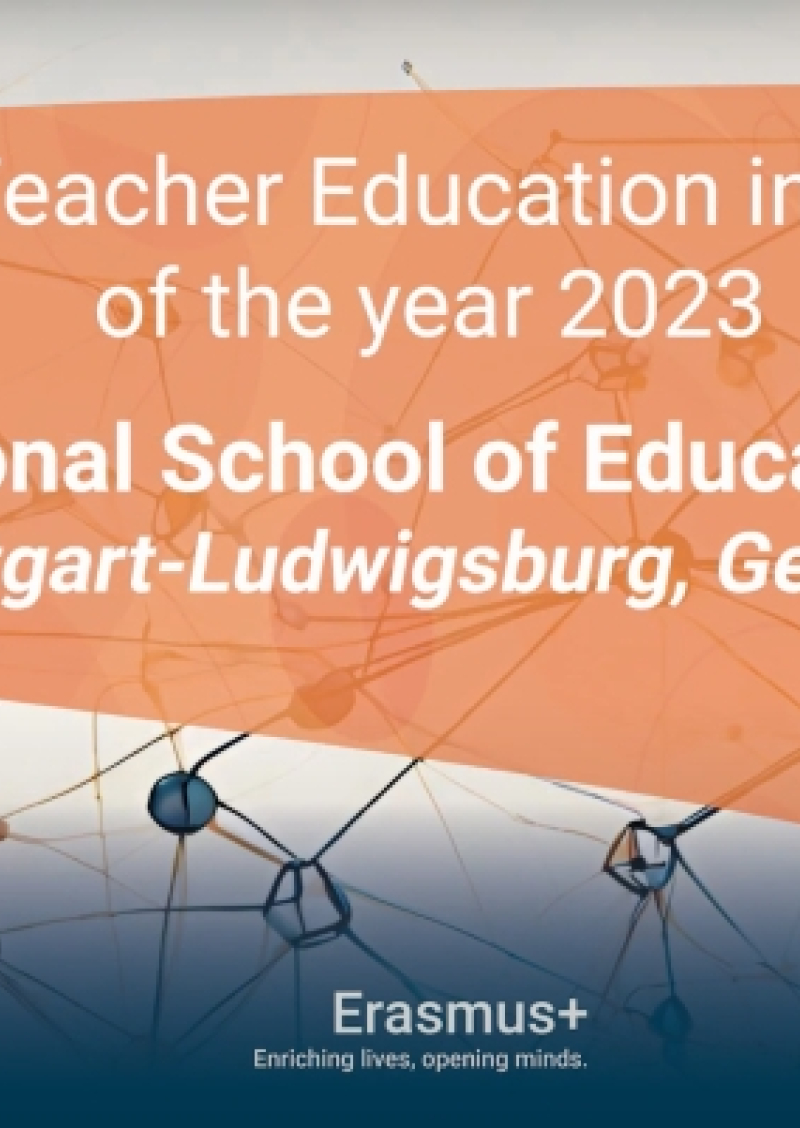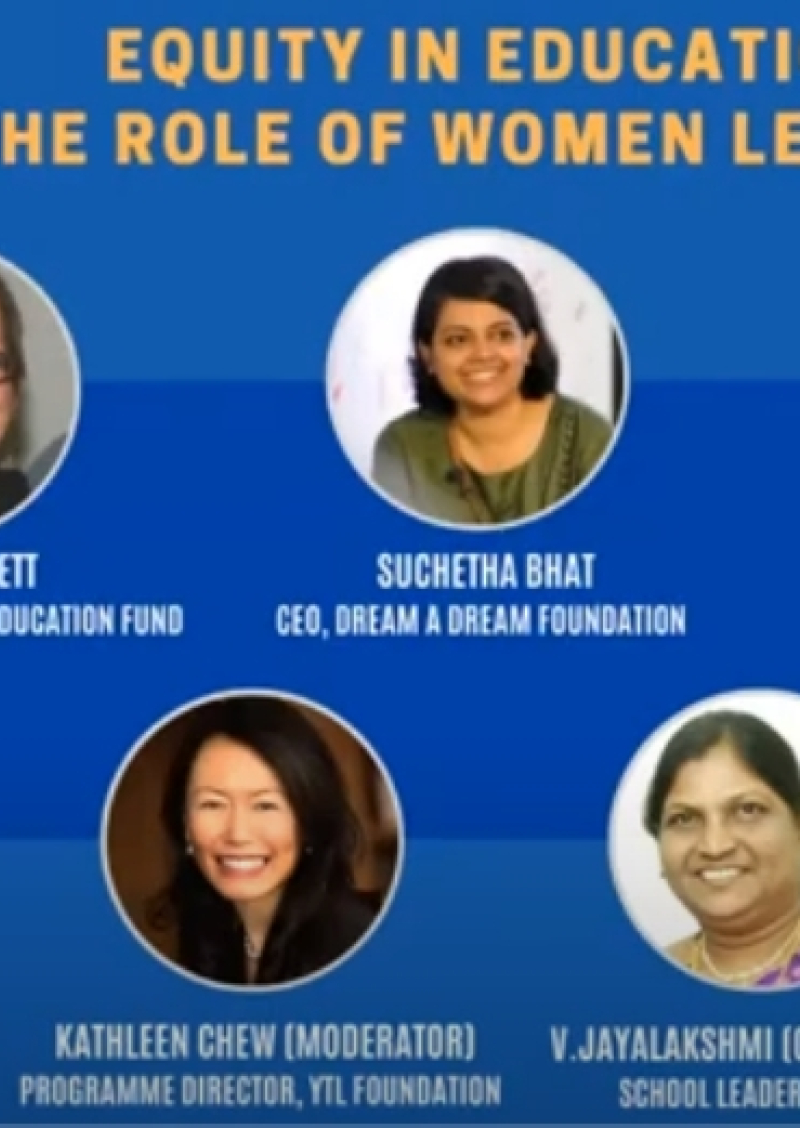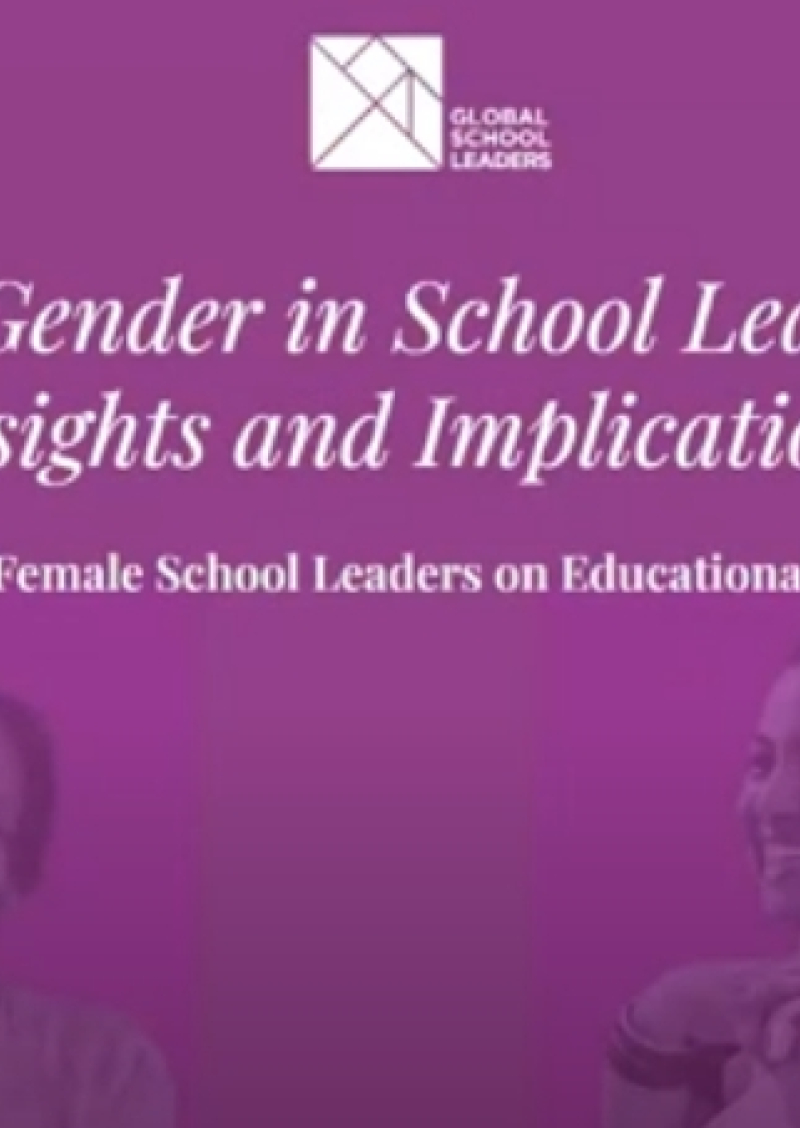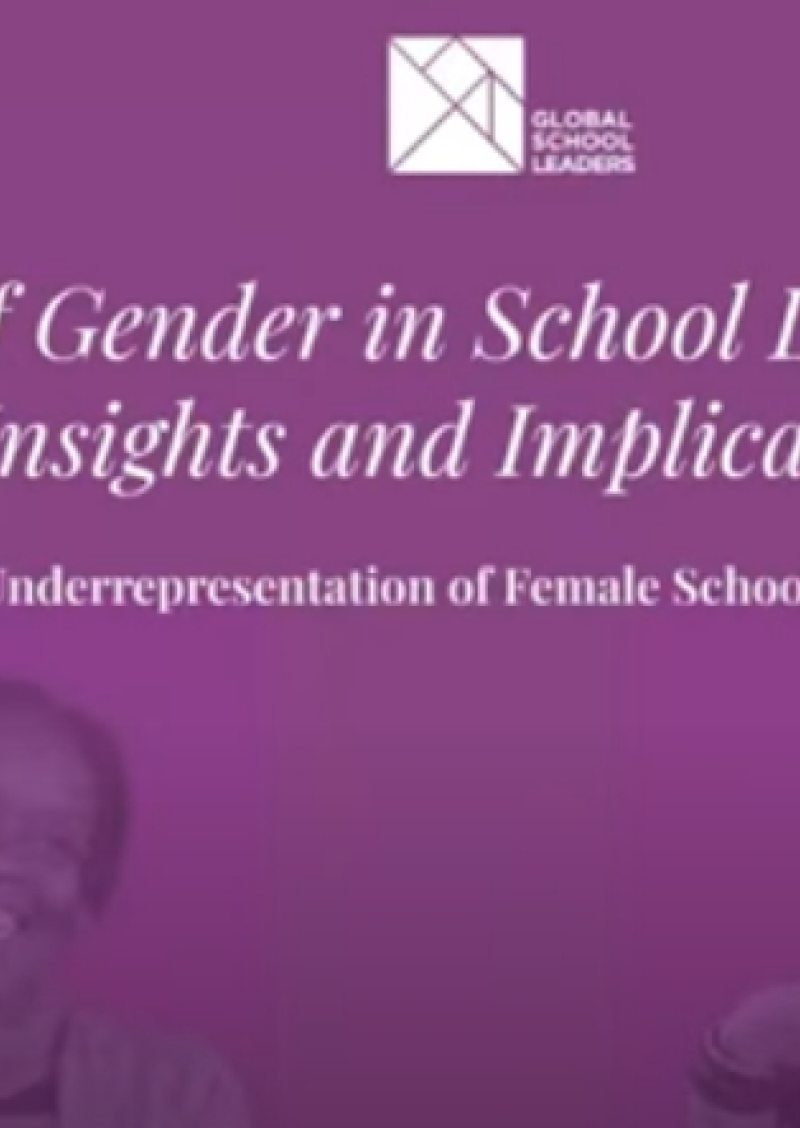Centre de Ressources pour les Enseignants
Affichage de 1 à 20 sur 81
FCA & TWB Inclusive Education Manual
This Teacher Training Manual on Inclusive Education supports teachers and other education personnel’s continuous professional development in inclusive, quality education especially in diverse low resource contexts and is adaptable for use anywhere in the world. The Inclusive Education Manual directly contributes to realization of several targets of the Agenda 2030 Sustainable Development Goal (SDG) 4 “ensuring inclusive and equitable quality education for all”.
The manual was developed by Finn Church Aid (FCA) and Teachers Without Borders (TWB) Network Finland. The content has been collected and built on the numerous good materials and practices used and co-developed by FCA staff and TWB education experts in different countries and contexts.
The training manual consists of three (3) training modules that can be used flexibly:
- Education, Teacher and School Community,
- Inclusive Education, and
- Positive Classroom and Learning Environment for All Learners.
The content design allows the trainer or facilitator to pick individual modules or sessions and adapt the training content according to the context and target group’s needs.
We hope you find it useful!
FCA & TWB Distance Education & Digital Pedagogy Manual
This teacher training manual on Distance Education & Digital Pedagogy supports teachers and other education personnel’s continuous professional development in pedagogically high-quality distance education and remote learning especially in diverse, low resource contexts and is adaptable for use anywhere in the world.
The manual has been developed by Finn Church Aid (FCA) and Teachers Without Borders (TWB) Finland. The development of the training materials began already in 2020 as a response to the school lock-down situations caused by the COVID-19 pandemic, when teachers and learners quickly had to adapt to remote education modalities. Even though the pandemic has subsided, the need for quality distance education prevails. Ensuring the continuity of learning for all learners is critical in all contexts, even and especially during crisis situations.
The training manual consists of eight (8) training modules that can be used flexibly:
- Distance Education,
- Distance Education Modalities,
- Pedagogy of Digital and Distance Education,
- Psychosocial and Emotional Wellbeing,
- Learner-Centred Methods in Distance Education,
- Home Support – Parents and Caregivers’ Role and Collaboration,
- Inclusive Education, and
- Assessment and Evaluation.
The content design allows the trainer or facilitator to pick individual modules or sessions and adapt the training content according to the context and target group’s needs.
We hope you find it useful!
L’enseignement différencié dans les contextes de déplacement. Guide d’animation d’ateliers
Dans ce guide, vous trouverez des stimuli qui vous aideront à explorer le contenu et à l'appliquer au contexte local. Vous y trouverez également des conseils qui aideront les éducateurs à allouer de l'espace et du temps pour l'apprentissage professionnel dans leur vie chargée et souvent stressante. Enfin, nous proposons quelques conseils sur les aspects en ligne et/ou technologiques de cette formation.
Le projet d'apprentissage holistique de qualité (AHQ), dont cet atelier en face-à-face est l'un des éléments, vise à préparer les éducateurs à dispenser des leçons de haute qualité qui soutiennent la formation holistique pour les enfants et les jeunes d'origines diverses (réfugiés, migrants et/ou citoyens) dans les pays d'accueil, les situations de déplacement et les contextes de crise. Nous définissons l'apprentissage holistique de qualité comme celui dont l’objectif est :
- le développement scolaire, cognitif et identitaire,
- l'apprentissage socio-émotionnel, et
- le bien-être mental / psychosocial et physique et qui délivre: des expériences scolaires positives, un sentiment d'appartenance et de sécurité, la croissance et le développement, et des résultats équitables pour tous les apprenants.
Introduction aux Pédagogies Basées sur les Atouts dans les Contextes de Déplacement Guide d’Animation d’Ateliers
Ce manuel est destiné à soutenir l'organisation d'un atelier d'une journée sur le thème du soutien à l'apprentissage holistique de qualité dans les contextes de crise par la mise en œuvre d'outils et d'activités pédagogiques basés sur les atouts et par le maintien d'espaces d'apprentissage sûrs et sécurisés. Les ateliers sont le résultat des contributions d'une équipe engagée d'enseignants et d'éducateurs du Kenya, du Liban et du Niger.
Le projet d'Apprentissage Holistique de Qualité (AHQ), dont cet atelier en face-à-face est un élément, vise à préparer les éducateurs à dispenser des cours de haute qualité qui soutiennent la formation holistique pour les enfants et les jeunes de divers horizons (réfugiés, immigrants, citoyens) dans le pays hôte, les déplacements et les contextes de crise.
Nous définissons l'apprentissage holistique de qualité comme celui qui vise à:
- un développement scolaire, cognitif et identitaire,
- un apprentissage socio-émotionnel, et
- un bien-être mental/psychosocial et physique et qui délivre : des expériences scolaires positives, un sentiment d'appartenance et de sécurité, la croissance et le développement, et des résultats équitables pour tous les apprenants.
Pédagogies basées sur les atouts (force) pour un apprentissage holistique de qualité
Ce cours et ouvert et de auto-rythmé, “L’apprentissage holistique de qualité”, a été conçu par des enseignants pour des enseignants, en particulier ceux qui travaillent avec des apprenants réfugiés et vulnérables. Il vise à donner un aperçu de la terminologie, des concepts et des pratiques clés liés aux pédagogies fondées sur les actifs/ les forces.
Les éducateurs qui suivent ce court cours en ligne :
-
acquérir une compréhension pratique de ce que sont les pédagogies basées sur les actifs et pourquoi elles sont importantes
-
être en mesure d’identifier les moyens par lesquels les pédagogies basées sur les actifs peuvent être appliquées en classe
-
examiner comment appliquer des pédagogies basées sur les actifs dans le contexte de leur propre travail
Le cours prendra en moyenne 3-4 heures à compléter.. Un certificat de participation sera délivré en cas de réussite. Merci de votre intérêt et de votre engagement envers votre apprentissage professionnel et votre enseignement!
Un manuel d’utilisation hors ligne est en cours d’élaboration, en tant qu’outil parallèle d’apprentissage des pédagogies basées sur les actifs. Veuillez communiquer avec jkasper@ceinternational1892.org pour discuter de la mise à l’essai de ce matériel supplémentaire.
Introduction à l’apprentissage social et émotionnel et au soutien psychosocial
Ce cours ouvert et auto-rythmé, Introduction à l’apprentissage socio-émotionnel et au soutien psychosocial pour un apprentissage holistique de qualité, a été conçu avec une équipe d’enseignants travaillant avec des apprenants réfugiés et vulnérables au Niger. Il vise à donner un aperçu de la terminologie, des concepts et des pratiques clés liés à l’apprentissage socio-émotionnel et au soutien psychosocial.
Les éducateurs qui suivent ce cours en ligne :
-
comprendront l’importance de créer un environnement sûr et inclusif pour le bien-être et l’apprentissage des enfants dans les situations d’urgence
-
comprendront les principes de base du soutien psychosocial (SPS) et de l’apprentissage socio-émotionnel (SEL) et leur rôle dans le soutien aux élèves dans des contextes déplacés, en particulier compte tenu des élèves uniques de l’éducateur et du contexte d’apprentissage
-
pourront intégrer des interventions PSS simples et applicables et des activités SEL dans leurs plans de leçon pour assurer un apprentissage holistique de qualité
Il faudra en moyenne 4 à 5 heures pour terminer ce cours. Un certificat de participation sera délivré en cas de réussite. Merci de votre intérêt et de votre engagement envers votre apprentissage professionnel et votre enseignement!
Une série d’ateliers guidés PowerPoint hors ligne, sur laquelle ce cours est basé, est également disponible à des fins de formation. Veuillez communiquer avec jkasper@ceinternational1892.org pour discuter de la mise à l’essai de ce matériel d’atelier.
Unlocking Potential: How Generative AI Can Help Enhance Career Readiness
Generative AI has the potential to make career education more accessible and impactful by offering personalized guidance and automating routine tasks. By leveraging AI, educators can design more efficient, tailored learning experiences, ensuring that every student—regardless of background—has access to the knowledge, tools, and opportunities they need to prepare for future success.
Join us on October 29th at 2:00pm GMT, as Sumit shares insights from his action research on how Generative AI can enhance career readiness for students from underserved communities, highlighting how one can leverage technology like GenAI to bridge educational gaps and equip students with the skills needed to thrive in future careers.
Register here
A Guide to Using Play for Learning and Well-Being
Right To Play uses a variety of approaches to play to support children’s learning, development, and well-being, including sports, music, theatre, art, and play-based learning.
This document focuses on the play-based learning methodology and approach, and how it can be used for learning and development goals related to Right To Play’s core programmatic areas: early childhood care and education, primary education, gender equality and girls’ well-being, and psycho-social support.
Play & resilience: a toolkit for teachers, caregivers, and other stakeholders
Play is an easy, natural and universal practice that builds resilience. Play comes naturally to all children- and is a seemingly simple and light-hearted phenomenon. The power of play as a pathway to building resilience needs to be leveraged to provide children with the opportunity to further explore play in their home and school environments.
This toolkit is therefore premised on the objectives to build the capacity of various stakeholders such as caregivers/teachers, school managers, curriculum planners and policy makers who are key actors in the process of growth and development of children. It is also aimed at equipping these stakeholders with the knowledge and pedagogical skills to translate research, policy and curriculum to practical knowledge and activities for children in the school environment. The toolkit offers directions for facilitators who will be working with caregivers/teachers using the materials and resources provided and other relevant materials available in an environment where it will be used.
Teacher's guide on early grade reading instruction
Reading is a fundamental ability for all other learning activities. Students can learn only when they comprehend, and this requires appropriate reading skills in the first place. Appropriate reading skills support the learning of increasing amounts of instructional content. This is why children who fail to learn to read during their early years of schooling will encounter more difficulties in later grades and a higher risk of drop out. Quality early grade reading instruction is critical in preventing these challenges and risks as well as in protecting children’s rights to education and ensuring better chances of success in their life.
Teachers are at the center of reading instruction and they need to be trained with pedagogical knowledge and management skills in order to provide students relevant and quality instruction. It has however been noted that teachers in many countries, especially low-income countries in sub-Saharan Africa, lack the proper training and support on ways of teaching early grade reading to their students. Therefore, a comprehensive and practical guide on early grade reading is highly needed to bridge this gap.
This guide aims to empower teachers in Africa by equipping them with the knowledge and skills of early grade reading, including the simple identification of the main pillars of reading, lesson planning and classroom management, taking into account the context in Africa. Subsequently, these teachers will help their students build basic reading skills in their early years of schooling.
A Teacher's Guide for Arts, Music and Drama in Africa
Art, music and drama have had a pivotal role in the livelihood of human beings. This is clear by the wealth of literature, architecture, fine art, theater and music that define human past, present and future. The inherent creative ability and a yearning to express ourselves is what gives value to art, music and drama as companion components in human evolution.
This teacher's guide covers art, music, dance, drama, experiential learning, community engagement, and how to integrate these aspects into curriculum. Additionally, this document provides lesson plans for primary school students in these subject areas.
Pedagogies of Belonging: Educators Building Welcoming Communities in Settings of Conflict and Migration
What would it take to ensure that all young people have access to learning that enables them to feel a sense of belonging and prepares them to help build more peaceful and equitable futures? This is a question we have found educators in contexts of conflict and migration ask of themselves each day. And each day, in classrooms around the world, educators are acting in response to this question.
Educators are figuring out what to teach, ways to teach, and how to foster relationships of learning and belonging.
We learn from educators how they create space for dissent, for dialogue, for trust, for new identities, for future-building, and how they envision and build newly imagined and welcoming communities.
Pedagogies of belonging, featured in this book and in its title, emerge from these ways of thinking and acting by educators. We see across educators that what they teach, how they teach, and why they teach in the ways they do come together to enable all young people to feel a sense of belonging and prepare them to help build more peaceful and equitable futures.
This book is about educators and for educators. It is about the practices educators have developed to create welcoming communities in settings of conflict and migration. Each chapter is a “microportrait” of one educator who we have come to know by spending time in their classroom and school.
We focus on the why and the how of practices educators use. We show, through text and art, how educators learn about their students’ experiences, needs, and desires. We describe how educators develop practices to meet these learning and belonging goals. And we recognize how educators address struggles that necessarily arise in this work. We hope the practices give us each ideas to try out in our own classrooms, schools, and other educational sites.
Each microportrait is grounded in research about educator practices. Authors of the microportraits came to know the educators through research projects that included interviews, observations, and sometimes participatory methods. Each project was at least a few months and at times spanned many years. The microportraits include links to articles that can support deeper learning about the contexts and practices of the educators.
This book is a collective project, and we welcome your participation. The intention of this book is that it lives and grows to include more microportraits over time and more patterns of practices that may emerge. Please be in touch with suggestions, to share your experiences with the practices of these educators, or to contribute a microportrait to the collection.
Global citizenship education in a digital age: teacher guidelines
This publication has been designed both for new and experienced teachers, as well as other professionals working in non-formal education settings that engage with upper primary and secondary students.
Purpose:
1.By using principles of GCED, digital citizenship, and media and information literacy, the guidelines aim to build the capacities of teachers to prepare learners to understand the implications of global and digital transformations on education, and to build opportunities to practice ethical and responsible behaviours in physical and digital environments. They provide guidance on tapping into the positive potential of the digital transformation, including through new access to information, possibilities of connection, and the creation of tailored content.
2. Build learners’ capacities to think critically about the influences and content that they encounter and engage in creating in physical and digital spaces.
3. Shape learners’ understanding of global challenges and how they can contribute to the Sustainable Development Goals (SDGs) through globally oriented digital citizenship.
Trash hack action learning for sustainable development: a teacher's guide
This short guide provides teachers with action-based approaches to address waste and trash management for sustainable development. It contains infographics and factsheets, inspiring initiatives taken by youth all around the world and activities that can be implemented in class or outside, over one day or several class sessions.
A course for the ages: project-based learning with eTwinning/Erasmus+ for interculturality
In the blended-learning course, guest speakers such as eTwinning moderators and ITE ambassadors from Germany and Europe give motivating talks to the student teachers about their experiences. The course meets via Zoom once a week for 90 minutes. All the classwork and learning activities take place via a Moodle classroom, so students don’t travel anywhere.
This course won the eTwinning for future teachers – European Award for Initial Teacher Education and they are seeking to share their course with other Initial Teacher Education institutions. Access an OER syllabus for the course here.
For more information about the course, taking part in projects, registering for the October 2024 Stuttgart University course or becoming a guest speaker, please contact Professor Richard Powers at richard.powers@ilw.uni-stuttgart.de
Link for syllabus: https://drive.google.com/file/d/1mi2qveVC3AZf33YJlB2P9AlO9-vrGREC/view?usp=drive_link
Free webinar: International Trends in Open and Distance Education
Massey University and Open Polytechnic present a free webinar with ICDE Secretary General, Torunn Gjelsvik. The Secretary General will discuss international trends in distance and open education related to access, equity and scalability. Dr Mark Nichols from Open Polytechnic, the President of ICDE, will also join the conversation, together with Professor Giselle Byrnes, Provost of Massey University. There will be an opportunity for questions at the end of the session
Equity in Education: The Role of Women Leaders
Global School Leadership Webinar featuring Kathy Bartlett, Suchetha Bhat, Olanrewaju Oniyitan, Kathleen Chew, and V. Jayalakshmi on the topic of Equity in Education: The Role of Women Leaders.
Role of Gender in School Leadership PART II: Impact of Female School Leaders on Educational Outcomes
Drawing from the 2024 Evidence Review on gender in school leadership (available here), the two-part webinar series “Role of Gender in School Leadership" aims to offer deep insights into effective strategies for fostering gender equity in educational leadership. Watch this webinar as practitioners, researchers and policymakers from the global education space unpack the potential of improving female representation in school leadership to enhance educational outcomes and foster inclusive learning environments. In this webinar Aashti Zaidi Hai talks to Eline Versluys, Sister Zeph, Franco Mosso, and Veronica Cabezas.
Role of Gender in School Leadership PART I : Underrepresentation of Female School Leaders- PART I
Drawing from the 2024 Evidence Review on gender in school leadership (available here), the two-part webinar series “Role of Gender in School Leadership" aims to offer deep insights into effective strategies for fostering gender equity in educational leadership. Watch this webinar with professionals, researchers, and policymakers to deep dive into the underrepresentation of female school leaders and explore actionable strategies for overcoming systemic barriers hindering gender equity in school leadership roles, and discuss ways to dismantle them. In this webinar Sonakshi Sharma talks with Vongai Nyahunzvi, Gala Díaz Langou y Michael Boakye-Yiadom.
